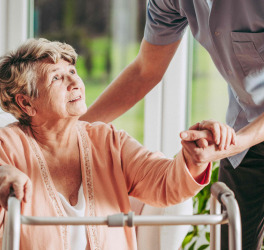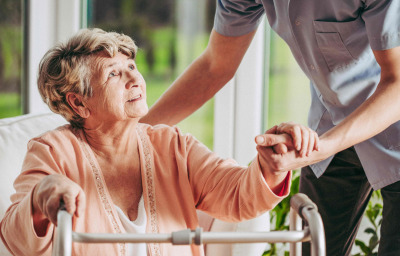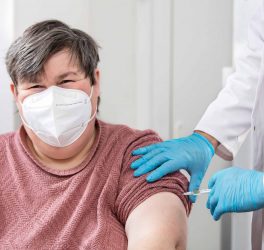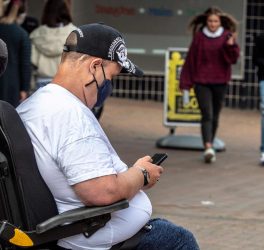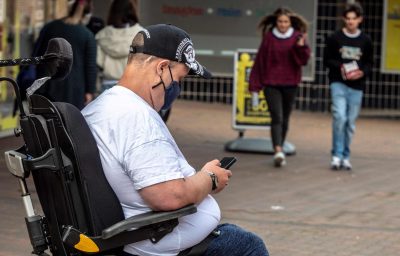
The Ombudsman’s Office warned that the prolonged state of emergency caused by the COVID-19 pandemic has affected all sectors of society, especially vulnerable populations, including people with disabilities, who even before the arrival of the coronavirus were in a situation of discrimination.
For the institution, this scenario is caused by limited access to services that guarantee the exercise of rights, as well as by prejudices, stereotypes and a precarious public institutional framework in matters of disability. Thus, so far in the pandemic, the care provided by public and private institutions that provide public services has not been adapted to the particular needs of people with disabilities.
Accessibility to information and communication is limited and impacts the exercise of their rights; for example, many people with disabilities were affected by the lack of accessible information regarding care to prevent the spread of COVID-19 and the possibilities to access the bonds granted by the State.
Additionally, the online classes offered by the Ministry of Education (Minedu) did not ensure accessibility for girls, boys and adolescents with disabilities. Insufficient coordination was identified between Minedu and the authorities of the different educational levels, as well as limited educational resources adapted to the needs of students with disabilities and other special educational needs.
This was identified not only in basic education, but also in university education, where in a qualitative sample applied to 207 people it was found that 88% of the respondents did not benefit from the subsidy of the Internet service, computer or electronic devices (universities public), 63% of the respondents did not have virtual connectivity facilities (private universities) and 89% of the students with hearing disabilities surveyed stated that sign language interpretation was not implemented.
Likewise, despite the efforts to implement a virtual platform of sign language interpreters by the National Council for the Integration of Persons with Disabilities (Conadis), the ignorance of some authorities about the existence of said service, coupled with the lack of Internet access in different areas of the country, motivated

